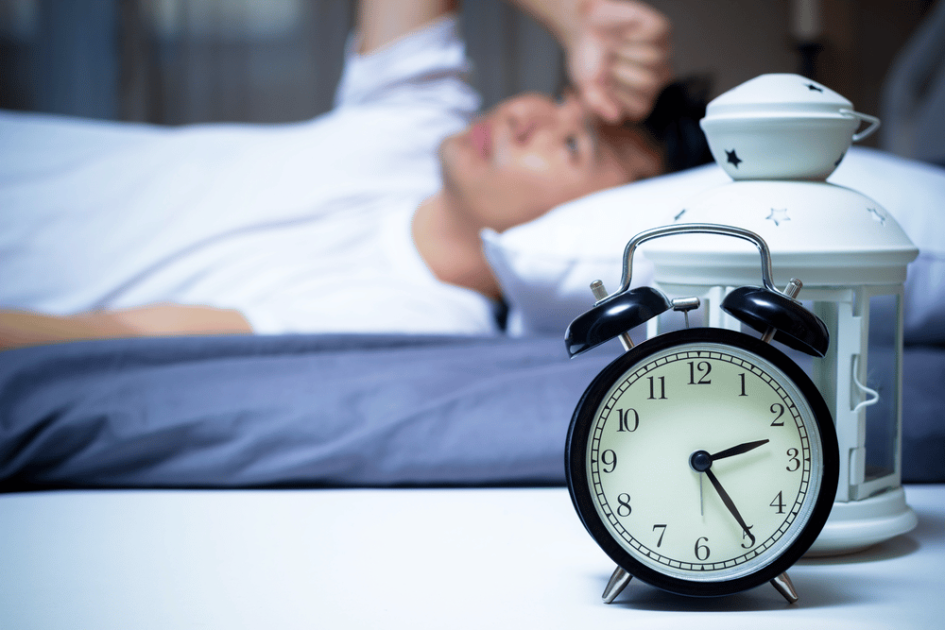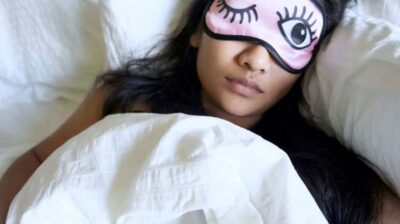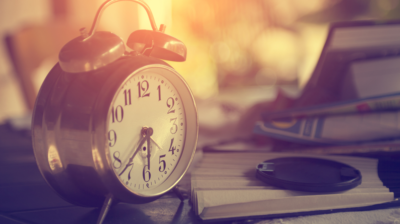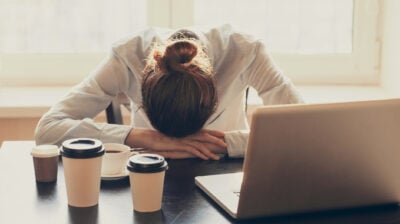What’s the difference between poor sleep and a sleep disorder?
If your sleep issues have been going on for a while, you could have a sleep disorder

If you wake up feeling tired every day, have trouble getting to sleep, or just can’t stay asleep, you probably feel pretty frustrated. However, when do normal sleep issues become a full blown sleep disorder?
What is a sleep disorder?
Sleep disorders are defined as significant changes in sleeping patterns or habits, causing you to;
- feel excessively sleepy during the daytime or groggy in the morning
- have irregular breathing or increased movement during sleep
- have difficulty sleeping and have night sweats
- have unusual sleep behaviors
It can be difficult to measure what is and what isn’t a sleep disorder, but if you’re struggling with your sleep on a regular basis, something isn’t right. Read our tips for improving your sleep. If these don’t work, it might be time to see a doctor.
There are two main sleep disorders that cause sleep problems for many people – insomnia and sleep apnea.
Insomnia
Insomnia is one of the most common sleep disorders out there, with a significant amount of the general population being affected by it.
Insomnia is a sleep disorder that affects a person’s ability to get to sleep at night, to stay asleep at night, or a combination of both. As a result, someone with insomnia may find it harder to function properly during the day.
Although it can exist on its own, it sometimes occurs with numerous other disorders, either as a symptom or as a cause.
Some disorders it may occur with include:
- thyroid problems
- sleep apnea
- asthma, or other breathing issues
- depression, anxiety, and other mental health problems
- chronic pain conditions
- restless legs syndrome
Another big thing to remember about Insomnia is that there are two types:
Acute insomnia
This one lasts a shorter amount of time, usually from one night to a few weeks. It can often be a result of a stressful event, like a death in the family or problems at work. It can sometimes be a result of prescription medication. More often than not, it goes away by itself and doesn’t require medical attention.
Chronic insomnia
This one is more serious. If you’ve had at least 3 nights disrupted sleep every week for the last three months, you may have chronic insomnia. It may require help from a doctor to help get you over it.
How do I know I have insomnia?
Sometimes it can be hard to judge whether you have insomnia, or less serious sleep problems, but symptoms include:
- having difficulty falling asleep,
- waking up during the night, along with trouble falling back to sleep,
- feeling sleepy during the day,
- feeling moody,
- having difficulties in your relationships, or
- having difficulty at school or work.
How do I treat insomnia?
There are different ways. It’s really important to educate yourself on good sleep habits, as these can go a long way to dealing with your insomnia. It’s advised that people with insomnia only go to bed when sleepy, don’t use their bed for anything else, and don’t take naps. For some people relaxation training and cognitive behavioral therapy will help, whereas for some serious cases, medication might be helpful in the short-term. Chat to your doctor to see what are the best options for you.
Sleep apnea
Sleep apnea is a disorder that affects your breathing when asleep. Generally, it makes your breathing stop and start irregularly when sleeping, and it can be pretty serious. It causes your breathing to pause for a minimum of 10 seconds hundreds of times a night. This affects your natural sleeping rhythm in a serious way and can leave you feeling really tired the next day.
How do I know I have sleep apnea?
Some of the main symptoms are difficulty breathing when you’re asleep and snoring. Particularly if pausing occurs while you snore, and if you choke or gasp following this pause, you may have sleep apnea.
As the main symptoms of sleep apnea only occur when you’re asleep, it can be hard to tell if you have the symptoms or not. You can get around this though by asking someone to listen out for changes in your sleep patterns or to record yourself sleep.
How do I treat sleep apnea?
Sleep apnea is a serious problem, and you need to see a doctor if you suspect you have it. Your doctor will discuss your treatment options with you.
Other sleep issues
Some people have issues with sleep walking or sleep talking. While this may not prevent them from getting to sleep, it could be disruptive for themselves or for people who share a room or house with them. Find out more about sleep talking and sleep walking.






